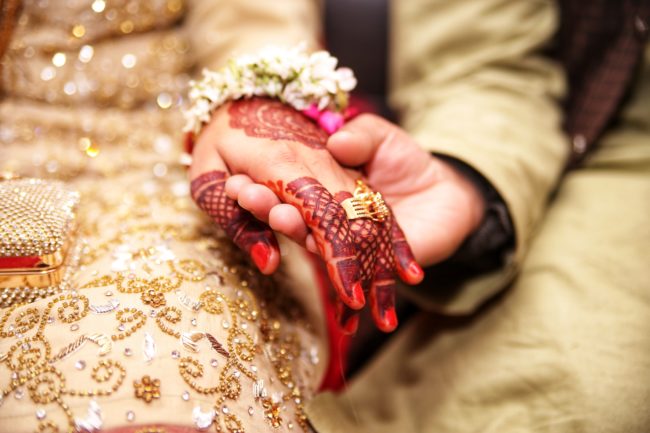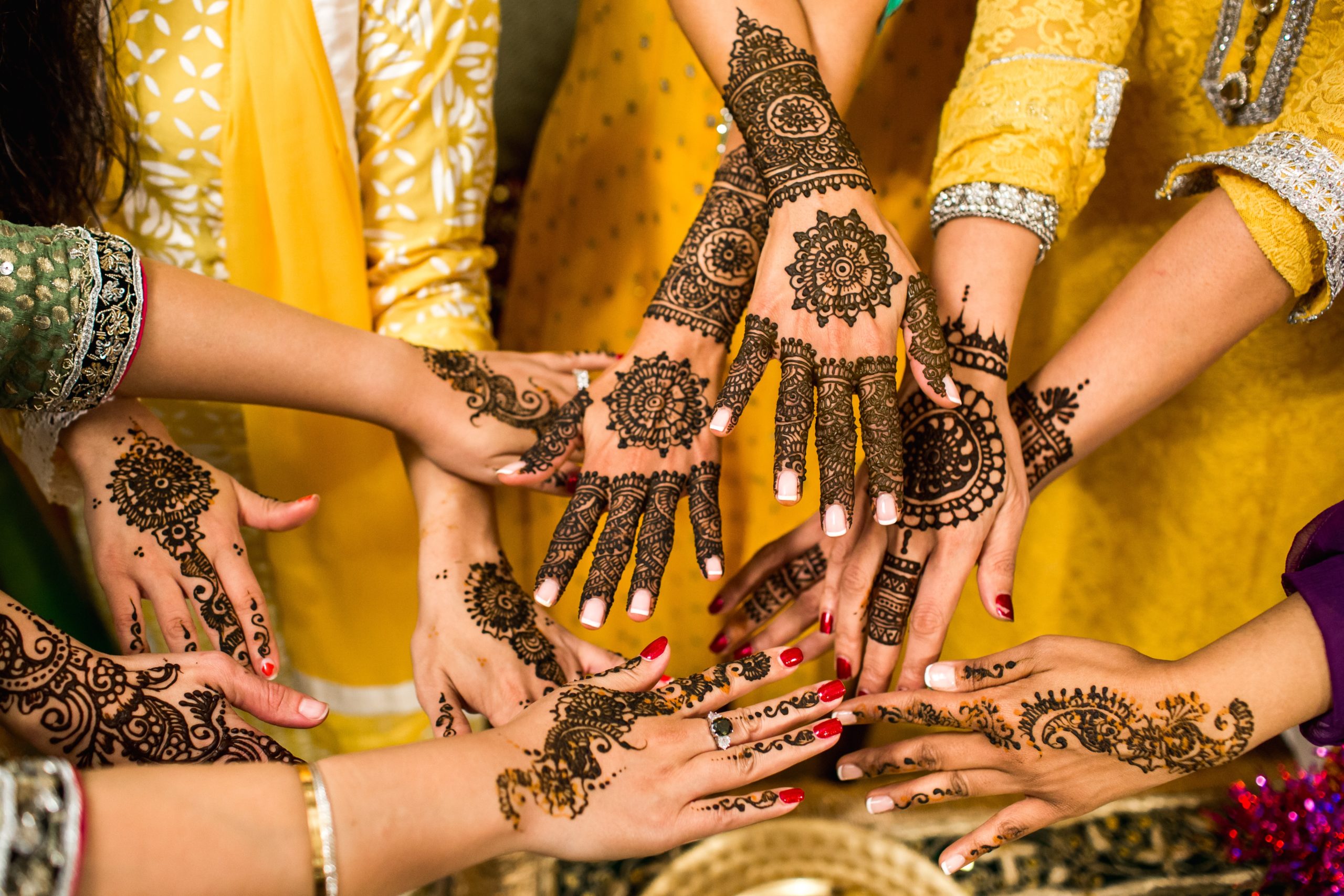Marriage is considered to be one of the most important components of religion. But the Muslims take the wedding ceremony way more seriously because according to a Muslim, a wedding is their core responsibility. The wedding celebration is a bonding of two souls and their families as well and this bonding helps to preserve their culture and religion when their family grows.
The most important thing before the start of a wedding ceremony is to invite family members and friends and for that, you have to send invitation cards to them. But in many cases or during this time of the pandemic, online Muslim wedding invitations are quite a trend now as it helps to reach quickly and also you did not have to visit in each and every place.
Many Muslims stay in different parts of the world that is why there are some regional-based tweaks that happen in the wedding ceremony, but some rituals remain the same and are followed everywhere.
Here Is The List Of Rituals That Are Followed In Every Muslim Wedding
1. Salat al-Istikhara: Arranged marriages are quite common and also recommended in the Muslim religion. Parents prefer to choose their children’s responsible partners and once it is matched both the families meet for discussions and once it is finalised they pray to Allah for blessings for the couples. After that the couples also take part in the prayer of Allah for blessings and guidance and this prayer is called Salat al-Istikhara. It is one of the most important pre-wedding rituals.
2. Imam Zamin: This is the ritual to show the acceptance of the bride into her new future family. Here the groom’s mother visits the bride’s house with gifts, sweets and a symbolic silver or gold coin wrapped in a silk scarf and she ties this thing on the bride’s wrist.
3. Mangni: This is the official engagement where the family officially announces the bride and the groom’s union and also they exchange rings in front of family members. Both the families also give lots of gifts, sweets, clothes and even money to them.

4. Manjha: It is the Haldi ceremony that happens a day or two before the actual Nikah ceremony. Here a Haldi paste is applied on the bride’s face, hands and feet and all the female members of the family present there. This event also happens in the groom’s house as well. After this event both the couples are not allowed to go outside the house until their marriage is done.
5. Mehndi: It is also a women-centric ritual where an artistic female member of the family designs the bride’s hands with Mehndi paste. Some families also hire professional individuals as well for this event.
6. Baraat: It is the arrival of the groom in the bride’s palace for the wedding and he arrives in a decorated car with his family members and friends. This is quite a fun part of the Nikah ceremony.
7. Nikah: This event happens either in a grand way or in an intimate way with only the close family members present there. Here the Iman or Maulavi recites some verses from the Quran for blessings. Then the Maulavi asks the bride for acceptance and if she agrees she has to say “Qubool Hai” which means “I Do” three times and the groom also says the same thing.
8. Fatiha: It is a blessing from chapter one of the Quran. It is quite intimate and also important to seek blessings for newlywed couples.
9. Mehar: It is a type of Dowry offered by the groom to the bride’s family. It is generally monetary but sometimes some families also give precious jewellery and even properties. This shows the love and responsibility of the groom towards the bride.
10. Arsi Mushraf: After the Nikah, it is the first time the couples see each other. Here the couples sit with their hands covered in scarf and a Quran and a mirror placed in between them. The couples are allowed to see each other through the mirror. They only see the reflection of each other. After that, they have to stay separately.
11. Rukhsat: It is a post-wedding ritual where the bride has the opportunity to say goodbye to her parents. This is quite an emotional moment and after this, the father of the bride hands over her to the groom and tells him to keep her daughter happy and safe. After reaching the groom’s house, she is welcomed by the mother of the groom to her new family.
These are the basic rituals that you can see in any Muslim wedding in any part of the world and Muslims are quite strict also in maintaining their traditional rituals because they think maintaining these rituals will keep their children safe and happy in their future life.

